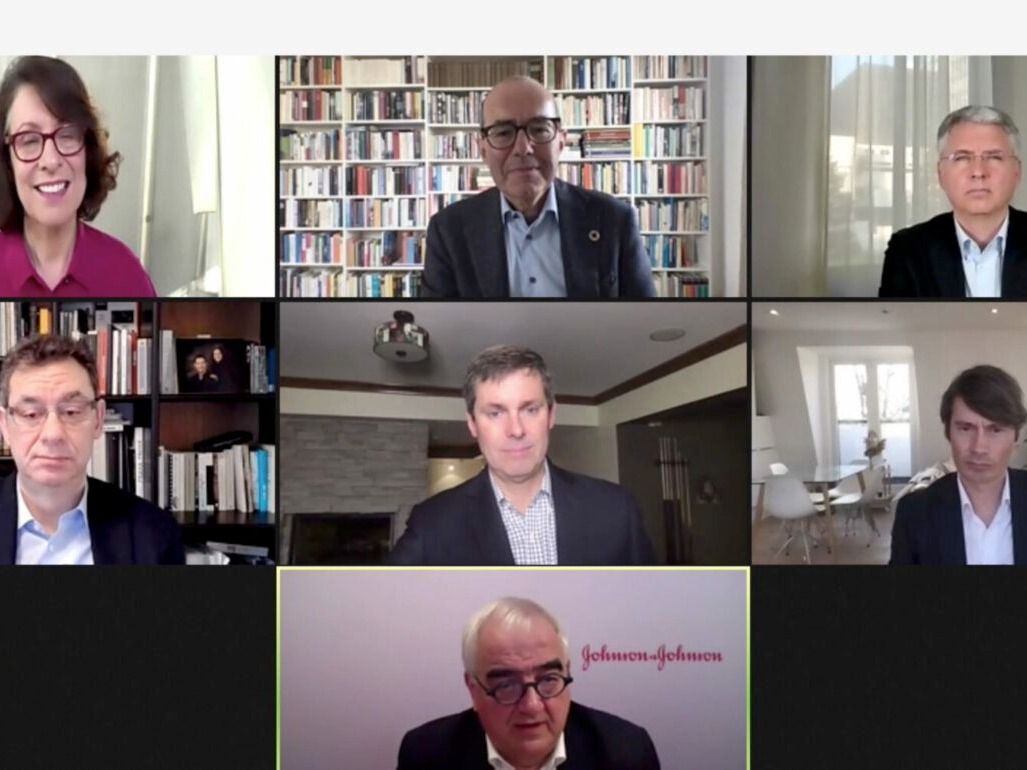Several CEOs of leading drugmakers expressed confidence on Tuesday the pandemic can be brought under control starting sometime in the second half of next year through the use of at least 10 vaccines plus diagnostic tests.
Data made public by the global pharmaceutical industry’s trade group projected there will be at least 14 vaccines under production by the end of 2021, led by 2.7 billion shots each from the United States and India, 1.8 billion from China and 1 billion from France.







